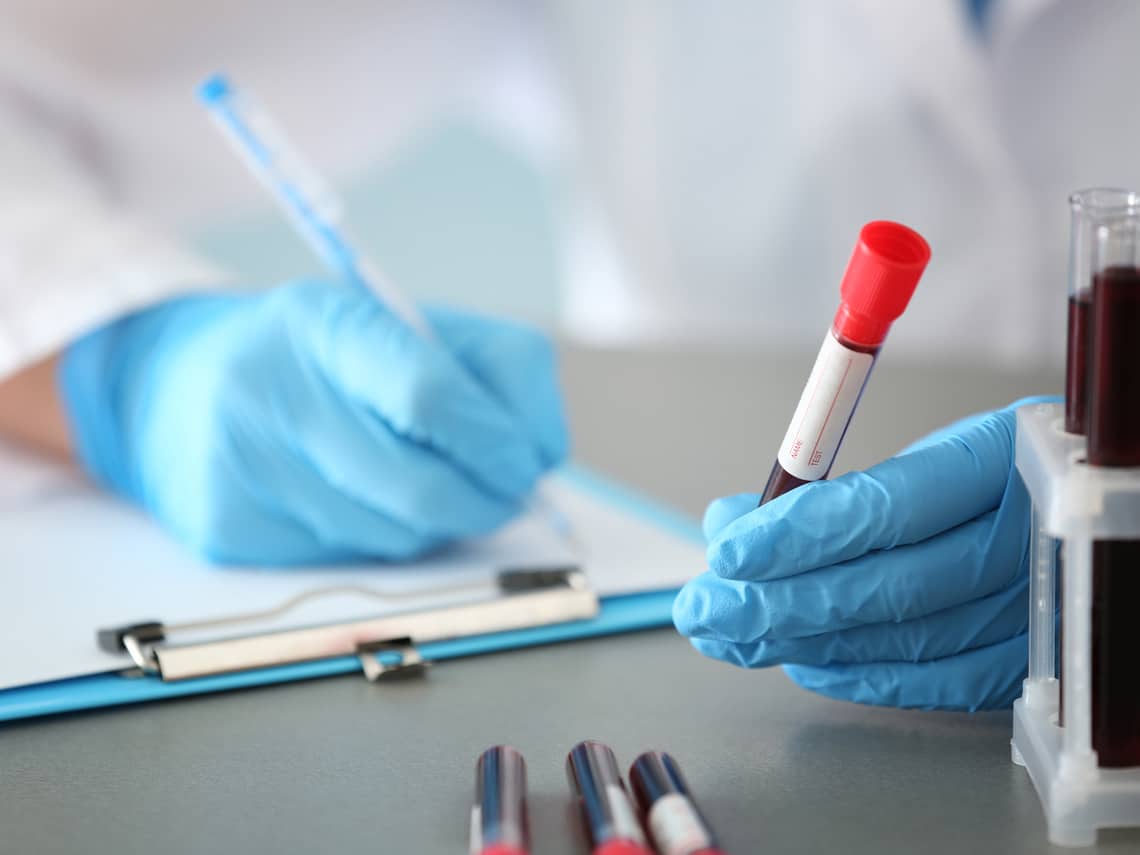PSA (prostate-specific antigen) tests are a commonly used screening tool for prostate cancer. The test measures the level of PSA in a man’s blood, which is a protein produced by the prostate gland. Elevated PSA levels can indicate the presence of prostate cancer, as well as other conditions such as inflammation and benign enlargement of the prostate gland. However, there is an ongoing debate about the usefulness of PSA tests, and whether they should be a routine part of men’s healthcare.
Benefits of PSA Tests
PSA tests can be an important tool in detecting prostate cancer in its early stages. Prostate cancer is the second most common cancer in men worldwide, and early detection is key to successful treatment. PSA tests can detect prostate cancer before symptoms appear, allowing for earlier intervention and better outcomes. They can be useful in monitoring the progression of prostate cancer or the effectiveness of treatment.
Limitations and Concerns around PSA Tests
PSA tests have some limitations and drawbacks. The test is not perfect and can lead to false positives, where the test indicates the presence of cancer when none is actually present, or false negatives, where the test fails to detect cancer that is present. False positives can lead to unnecessary biopsies and treatments. False negatives can delay the diagnosis and treatment of prostate cancer, leading to poorer outcomes. In addition, PSA levels can be affected by other factors such as age, race, and certain medications, making interpretation of the results more complicated.
Overdiagnosis and overtreatment are significant concerns when it comes to PSA testing. Overdiagnosis refers to the detection of cancer that would not have caused harm or required treatment during a man’s lifetime. This can lead to overtreatment of prostate cancer with surgery, radiation, or other interventions and can lead to unnecessary harm and cost for the patient. The risk of overdiagnosis and overtreatment is particularly high for older men with a limited life expectancy or those with slow-growing cancers.
So, are PSA tests useful?
The answer depends on a variety of factors. For men with a family history of prostate cancer, or other risk factors such as African American men or men with a BRCA gene mutation, PSA testing may be more important. For men with no risk factors, the decision to undergo PSA testing should be made in consultation with a healthcare provider, taking into account the patient’s age, family history, and overall health status, as well as the risks and benefits of testing.
If a man does decide to undergo PSA testing, it is important to understand that the test is just one tool in the detection and management of prostate cancer. Other factors such as a digital rectal exam (DRE), imaging tests, and biopsy may also be necessary to confirm a diagnosis. In addition, treatment decisions should be made in consultation with a healthcare provider, taking into account the stage of the cancer, the patient’s overall health, and other factors.
Integrative Urology Provides Testing & Treatment for Prostate Cancer
Led by world-renowned urologist Dr. Y. Mark Hong, Integrative Urology provides cancer screening and individual treatment plans, informing and empowering men to make the best decision for their own health.
If you are suffering from prostate cancer or are due for prostate cancer screening, contact Integrative Urology for a discreet and private appointment. A consultation and testing can put your mind at ease, whether you require specialized treatment or not.

